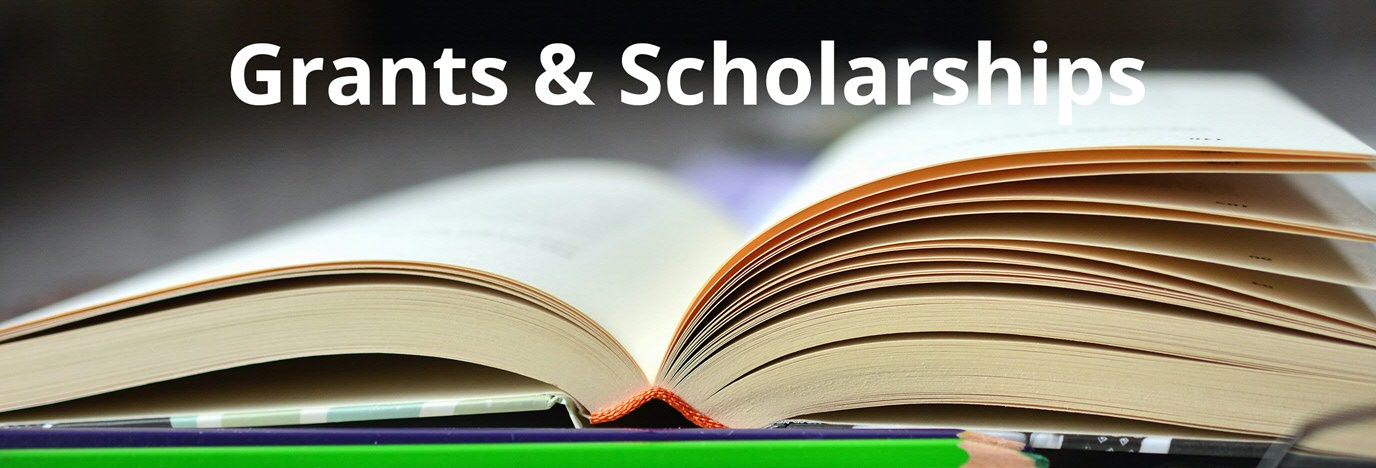
Many of the issues involved in social and professional discussions on youth and education require an interdisciplinary approach. But why and how does this approach work?
The part-time programme is identical to the full-time programme, but is divided over two years. You will find the exact division of courses on this page once the programme for 2025/2026 is set.
The programme consists of three lines:
| CoursesCourse Catalog > |
|---|
| Citizenship and Education in Postcolonial Societies (5 EC) |
| Education for a better world (5 EC) |
| Ethics in Care and Education (5 EC) |
| In the best interests of the child (5 EC) |
| Knowledge and Technology in Educational and Psychological Practice (5 EC) |
| Qualitative Research Methods (5 EC) |
| Teaching and Practical Research Skills (5 EC) |
| CoursesCourse Catalog > |
|---|
| Research Thesis (20 EC) |
| Stage (5 EC) |
The part-time programme is identical to the full-time programme, but is divided over two years. You will find the exact division of courses on this page once the programme for 2025/2026 is set.
| Specific requirements | More information |
|---|---|
| knowledge minimum |
Sufficient courses on
Previous experience with academic writing (e.g., Bachelor thesis), is desirable, but not an entry requirement. |
| Study programme | Organization | Transition |
|---|---|---|
| All Universities of applied sciences |
Via a pre-master More information:
|
| Study programme | Organization | Transition |
|---|---|---|
| All Research universities |
Via a pre-master More information:Admission request to the admissions committee. Based on the request, the committee assesses whether an additional programme in the form of a pre-master's degree is required. |
|
| Academic training primary school teacher | All Research universities |
No additional requirements More information:Note: Applies to all bachelors in Pedagogical Sciences at a research university (not only to Academic primary school teacher) |
| Study programme | Organization | Transition |
|---|---|---|
| Pedagogical Sciences | University of Groningen | No additional requirements |
| Type of student | Deadline | Start course |
|---|---|---|
| Dutch students | 01 June 2025 | 01 September 2025 |
| 01 June 2026 | 01 September 2026 | |
| EU/EEA students | 01 June 2025 | 01 September 2025 |
| 01 June 2026 | 01 September 2026 | |
| non-EU/EEA students | 01 May 2025 | 01 September 2025 |
| 01 May 2026 | 01 September 2026 |
| Specific requirements | More information |
|---|---|
| language test |
The official language of the programme is English. Non-native English speakers must provide evidence of satisfactory results for one of the standard tests mentioned below. Official test results must be supplied. Please note, we do not accept Institutional TOEFL results as evidence of English proficiency. IELTS: overall 6.5; writing 6.5; speaking 6.5 | TOEFL internet-based: overall 90; speaking 22; writing 24 | CAE / CPE: C, B or A | Dutch pre-University diploma (VWO) including English: 5.5 for English | |
| Type of student | Deadline | Start course |
|---|---|---|
| Dutch students | 01 June 2025 | 01 September 2025 |
| 01 June 2026 | 01 September 2026 | |
| EU/EEA students | 01 June 2025 | 01 September 2025 |
| 01 June 2026 | 01 September 2026 | |
| non-EU/EEA students | 01 May 2025 | 01 September 2025 |
| 01 May 2026 | 01 September 2026 |
In the international Master Ethics of Education professionals and almost-professionals develop the knowledge and skills needed to research and respond to urgent ethical questions, doing justice to their complexity, while at the same time seeking practical solutions that may be of use in the context of policy-making and in practice.
Career services
BSS
Where do you want to work after your studies? You can
contact
Career
Services
already during your
studies. They will help you orientate on your career, develop your
skills, apply for jobs and find an internship.
